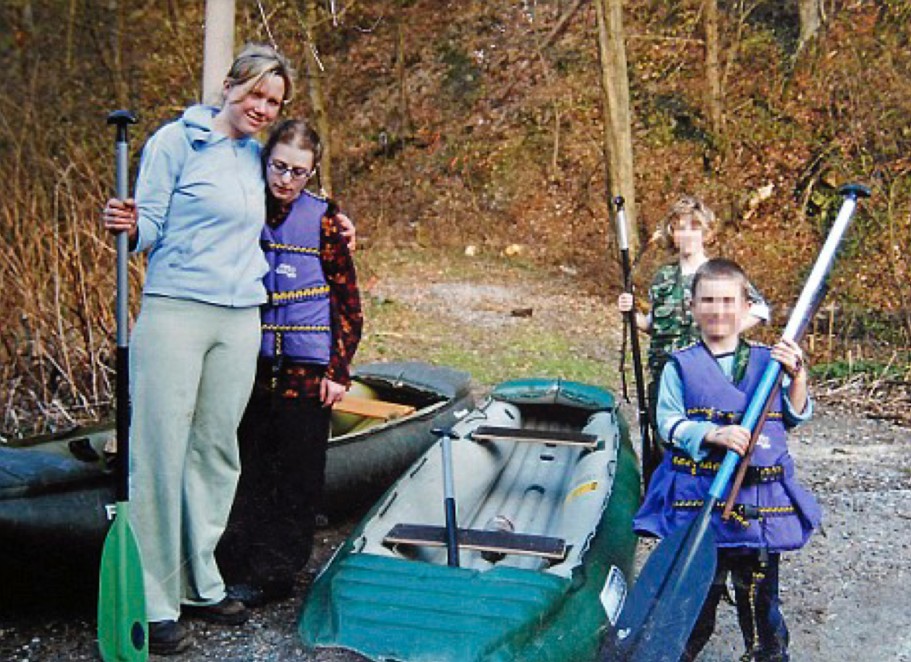Dinner from their own children: How a sect convinced a mother to lock her sons in a basement
Two sisters in Kurim, Czech Republic, believed they were born for a divine mission. Clara Mauerova carried the conviction from adolescence; her younger sister Katarina believed it too. Both women wrestled with schizophrenia, yet they pursued university studies and built lives that looked normal on the surface. Their routine shattered when they were drawn into a radical Grail Movement by a manipulative newcomer, a moment that would culminate in a basement, chains, and a plan to 'purify' the family by harming Clara’s two sons.
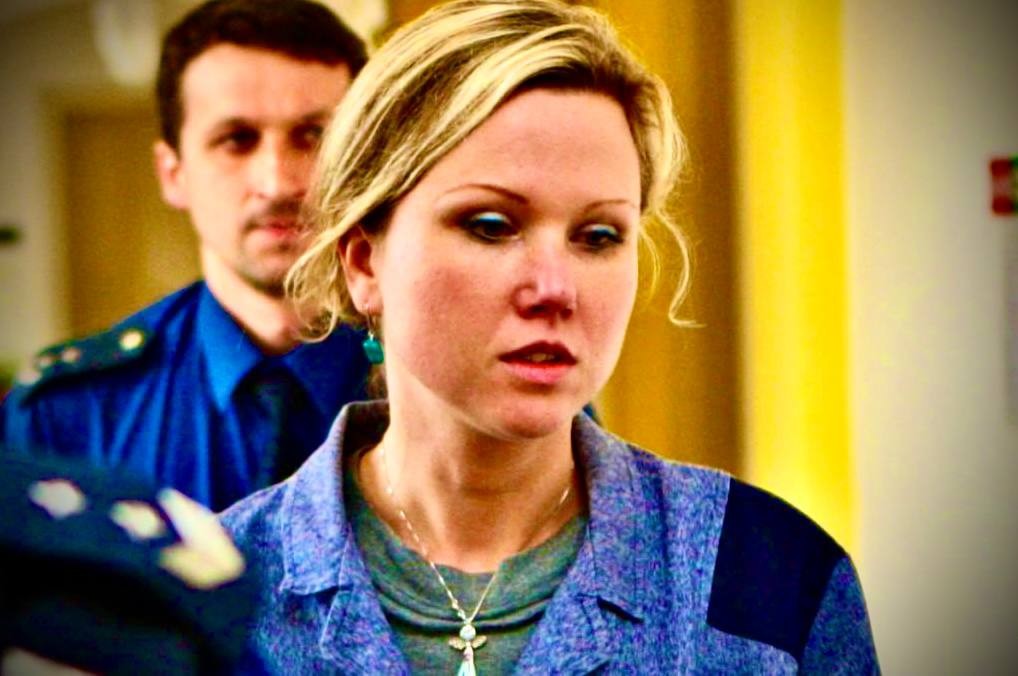
In This Article:
A family in the balance: Belief, trauma, and a mother left alone
Clara's life started to unravel after she married a man older than her and had two sons, Ondrej and Jakub. The heavy sense of a divine mission wore on him, and he left the family. Clara slipped into depression, and Katarina moved in to help. Neighbors still saw a loving mother playing with her children, unaware of the dangerous undercurrents growing inside the home.
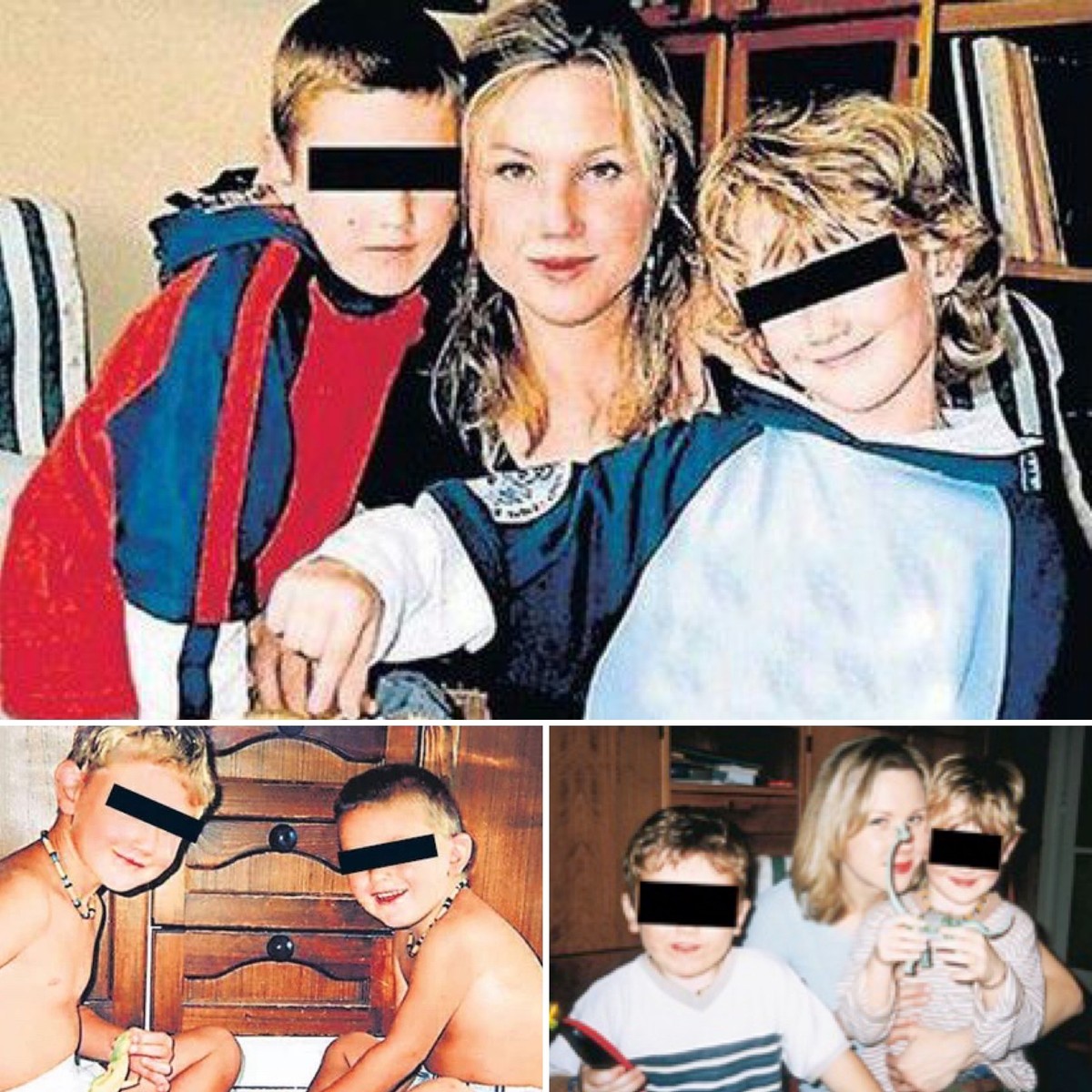
Barbora Skrlova: The woman who looked like a child and used that to seize control
During her teaching career, Clara met a 13-year-old girl who quickly formed a close, almost sisterly bond with her. The girl, however, was not a minor at all. Barbora Skrlova, a woman with hypopituitarism who appeared childlike at 32, quietly exploited her illness to manipulate others. She convinced Clara and Katarina to help her and entered the Grail Movement, a group led by a founder referred to as Doctor, along with two men, Jan Skarla and Jan Turek. Barbora told them she had escaped a juvenile center and that she had nowhere to go, so the sisters unofficially adopted her. The bond grew into an unsettling alliance, with Barbora stoking jealousy and rivalry inside the household.
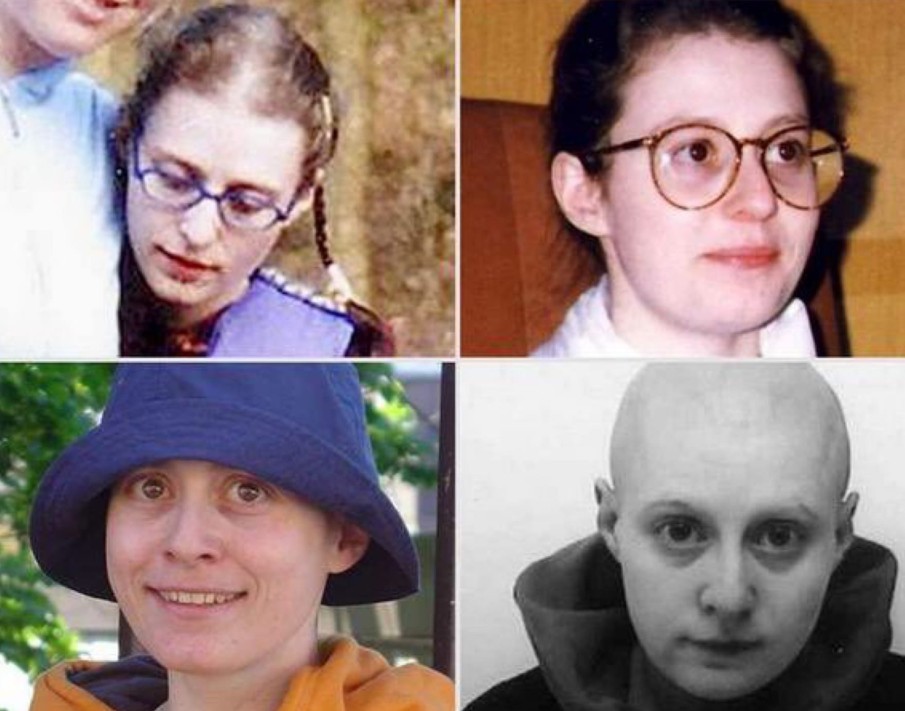
The basement ritual: two boys chained, starved, and watched
The conspiracy turned truly monstrous when Barbora and the Grail Movement's leaders urged Clara and Katarina to commit the so‑called 'cleansing' by taking the two boys as 'martyrs.' Ondrej (10) and Jakub (8) were brought to the basement, stripped, and chained. They were deprived of food and water, forced to urinate in place, and subjected to humiliations that defied comprehension. The women laughed at the torture and watched for what was coming next. Barbora even installed a video nanny to monitor the suffering. The brothers took part in some of the abuse as well. The basement reeked with fear and the proof was captured when a neighbor, intrigued by a new baby monitor, discovered the horrors on a screen and alerted the police. Officers found Ondrej bound and exhausted, Jakub in shock, and the two sisters arrested. The children were removed and taken to medical care; the adults later claimed they had been manipulated by the sect.
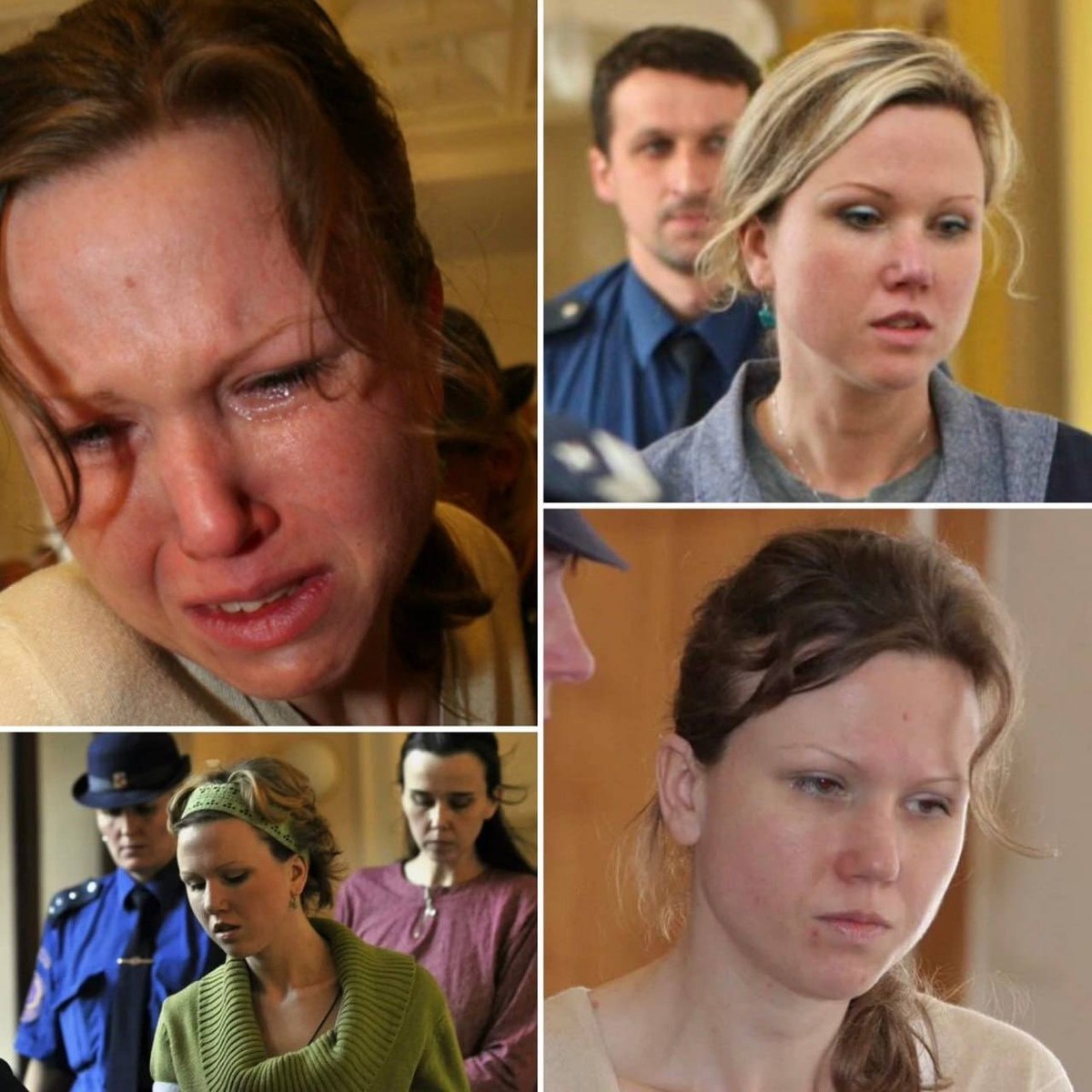
Justice and memory: how a European case tried to balance accountability with vulnerability
The case was decided in 2009 by the Olomouc High Court. Clara received nine years in prison, Katarina ten, and Barbora five years for incitement. The two boys’ identities were protected and their case kept largely out of the public eye; authorities released only minimal information to show they were alive and recovering. Barbora had fled to Norway, where she lived for a time as a boy named Adam before being captured. Official records describe a complex mix of diagnoses—dissociative identity disorder, sadistic tendencies, schizophrenic traits, and psychopathy—that members of the court weighed alongside remorse and the impact of sect manipulation. Clara and Katarina later acknowledged the influence of the sect’s leaders and understood the horror they had helped unleash. The trial underscored a broader European question: how to acknowledge mental illness and manipulation while protecting children from predatory belief systems.
